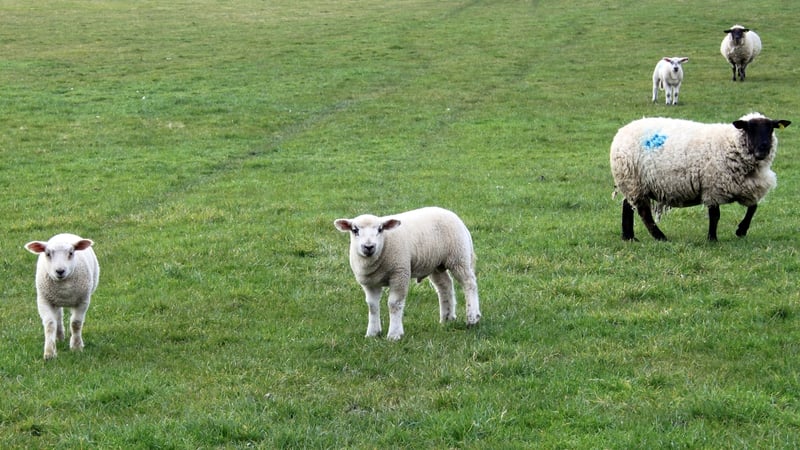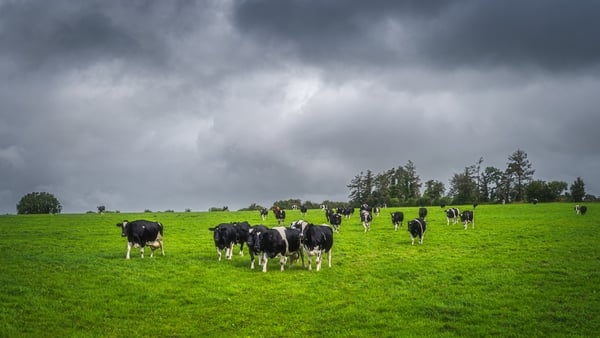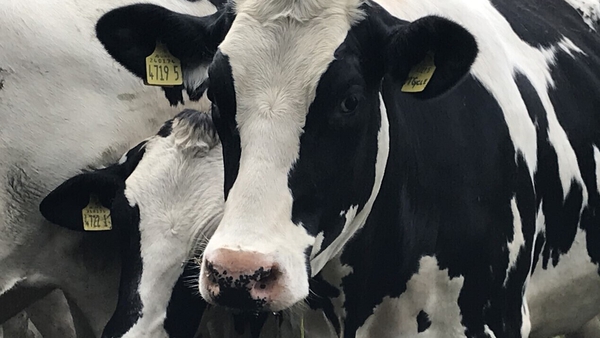The smallest of Irish farms produce very little income and have low carbon footprints but are less carbon efficient than larger farms.
These are some of the findings of a newly published Teagasc study that focuses on small farms comprising around 13 hectares per holding and farming small numbers of cattle or sheep.
Around 48,000 farms fall into this category, accounting for about 15% of agricultural land in Ireland.
The study found that in 2022 the average farm income on these farms was just €2,638.
It also found 80% of these farms had some additional income either from pensions or other off-farm employment.
In environmental terms, just 4% of all emissions from the agri-sector came from these farms, even though they represent 35% of farms in the country.
However, the study found that small farms produce more greenhouse gas emissions per kilo of meat than larger farms, meaning smaller farms are less carbon efficient.
The study also points out that due to the low intensity nature of these farms, they are likely to be an important repository for biodiversity.
The age profile of farmers on these small farms is higher than average, with the average age of the farmers being 60.
However, 35% intend to continue farming as is over the next five years, while 27% intend to lease out their land and 20% expect to scale back or change farming systems.
The rest expect to be farming with a successor or to have scaled up farming activity.
More than half of those that intend to continue farming were interested in switching to organic farming.







